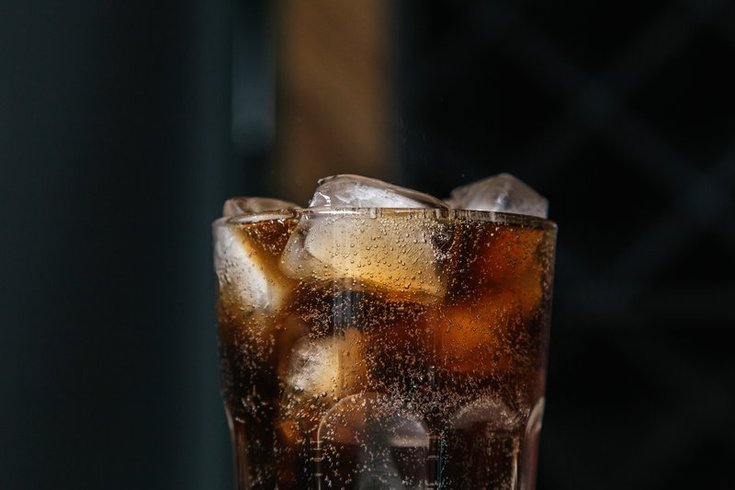
November 04, 2024
 Madalyn Cox/Unsplash
Madalyn Cox/Unsplash
There's 'limited evidence' that Philadelphia's soda tax is slowing the city's obesity rate, a new Penn Medicine study shows. But researchers say the study must be replicated to fully understand the tax's impact.
Seven years after Philadelphia implemented its so-called "soda tax," researchers are still trying to determine its effect on health.
The law levies a 1.5-cent-per-ounce tax on sugary beverages like sodas, energy drinks and sweetened coffees and teas. Mayor Jim Kenney pushed it as a way to fund pre-K and other initiatives, but many supporters touted it as a way to help prevent obesity, diabetes and other health issues.
Researchers at Penn Medicine recently put that to the test by analyzing data from 857,000 people 65 and under.
Their study, published in Lancet Regional Health, found the average body mass index of those from Philadelphia rose at a slower rate than that of those from outside the city in the first three years the tax was in effect. The link was particularly strong among Black residents. Researchers found no difference between men and women.
The findings suggest there's "limited evidence" that the tax slows obesity over time, researchers said.
Sugary beverages, which contain many calories but few nutrients, are the leading sources of added sugar in Americans' diets, according to the Centers for Disease Control and Prevention. Regular consumption has been tied to weight gain, obesity, type 2 diabetes, heart disease and other adverse conditions.
Drinking one soda can per day can add 15 pounds in a year. Even getting 150 minutes of exercise each week – the federal guideline – is not enough to counteract daily consumption, research shows.
In 23 states, the adult obesity rate was at least 35% in 2023 – 10 years prior, no state had an obesity rate that high. About one-third of Pennsylvania adults are obese; just under 30% of New Jersey residents are obese.
Earlier this year, an analysis of five cities with sugary beverage taxes found Philadelphia had seen the largest increase in sugary drink prices, but also the largest decline in sales. Sales dropped by an average of 33% in the five cities, but the decline was 46.8% in Philadelphia, where prices rose by 58.3%.
The true picture could be a little more complicated. A 2018 study found that many people bought drinks outside the city, contributing to the drop in sales. And though another 2018 study found soda consumption in adults dropped by 31% after the tax, there was no measurable difference in other drinks. The tax also didn't have a large impact on children's soda intake.
A study published last year found pregnant women were 41% less likely to develop gestational diabetes in cities with beverage taxes. They also were 7.9% less likely to have unhealthy weight gain and 39% less likely to give birth to babies small for their gestational age.
The Penn study must be replicated to fully understand the impact of the soda tax, the researchers said. But they said the tax has the potential to positively boost health in Philly.
"The magnitude of these 3-year estimates implies that the tax has the potential to save tens of thousands of life-years and billions of dollars in healthcare costs if effects are sustained in the long-term," the study said.